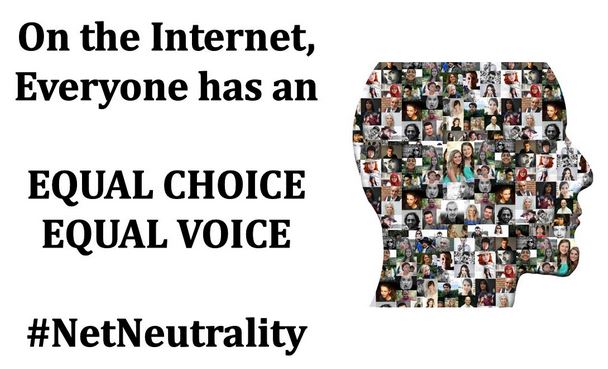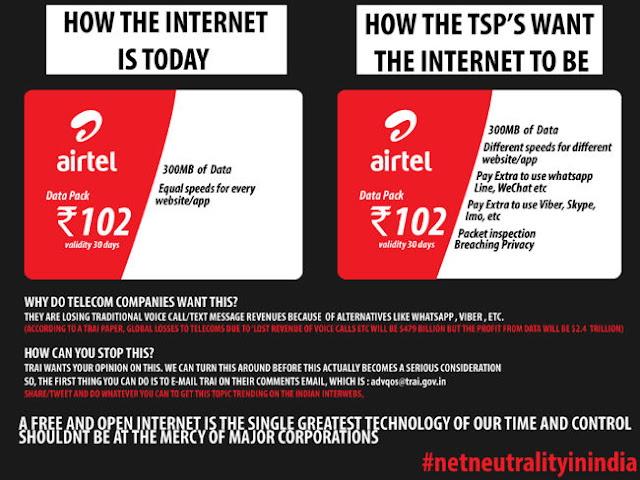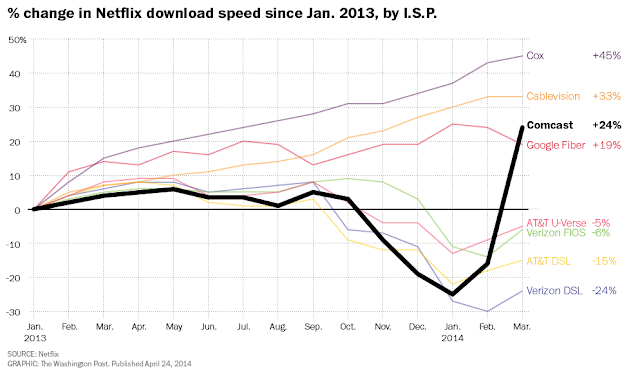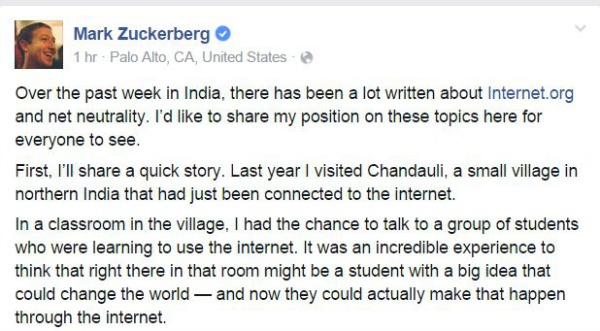Let’s imagine a scenario.
One day your milkman knocks on your door and you buy your daily share of milk.
If you are part of a typical middle class household then you would most likely
be buying one liter of milk, as I always do. As you start to pay the milkman,
he stops you and hands out a questionnaire to fill up before he can accept the
payment. You are slightly puzzled at this moment.
Why this sudden change in
the way I am supposed to pay for my milk?
You choose to not argue and
fill up the survey instead to get along with your other activities quickly. You
take a look at the questionnaire. Now you are even more confused. Questions in
the survey ask you about how you are planning to use the one Liter milk. Are
you planning to make Ghee out of the milk? You will have to pay extra since his
brother runs a Ghee business and your plan will hurt his brother’s business.
This is outrageous – you think. When you are anyway paying for one liter of
milk what right does this milkman have to ask you how you are going to use the
milk?
You are getting uncomfortable
now.
This milkman should just
mind his milk business and make sure I get delivered my share of milk daily –
thoughts ring in your head. He shouldn’t ask me at all what am I going to do
with the milk afterwards and even to think that he will charge you based on
what you do with the milk is unsettling you. But you don’t fight, there are
other milkmen and you’d rather buy from them now. Time to change your milk
vendor. Problem solved. You get along with rest of your day.
Now imagine that milk
vendor to be your internet provider – firm which hosts the internet service
your phone or laptop is connected to currently. And imagine that internet
provider asking what you are planning to do with the internet you have bought
from them. Are you going to use Whatsapp? You will have to pay extra to have a
quality experience. Are you going to use a video streaming site? But they have a partnership with one
particular site and you will either have to pay extra to use any other site or
live with a frustratingly low speed. And it’s not just one Internet Service
Provider (ISP), imagine every ISP doing so. Now you have no choice. No changing
the milkman just because you don’t like his deal!
This example is at the
heart of net neutrality debate and how it can affect all of our lives.
The debate on network
neutrality in India started after Airtel,
a mobile service provider,
announced in December 2014 that they will charge additional rates for making
voice calls (VoIP) from its network using apps
like WhatsApp, Skype, etc.
What is Internet
Neutrality (also known as Net Neutrality) and why should we care about it?
Explaining Net Neutrality
is really very simple. It’s basically these three points:
All websites must be equally accessible
The same access speed at the Internet Service
Provider level for each website (independent of ISP selection)
The same data cost for access to each site
(per KB/MB).
Net neutrality is based on a simple principle that all
content on the internet is equal and all sites should be equally accessible. It
means that as long as a content and site is legal to access over the internet,
you shouldn't really have to think whether you are going to access a music
video, chat with your friends over the weekend, or browse news websites.
Service providers shouldn't inspect how you are using your internet data plan.
It also means that irrespective of what Internet
Service Provider you are with, you should have equal access to all the websites
and services. Meaning a particular service provider, just because it has some
hypothetical deal with an E-commerce company (let’s name in abc.com) can't slow
down the speed of other competitive services. Making it virtually impossible
for you to shop from any other website than abc.com.
So ISPs are trying to divide internet as we know it
into different sections - and you need to pay for individual section based on
what type of data and service you end up using.
And this is just the half of the story.
It also has another dimension through which it hurts
new and fledgling internet based companies. Any large company can tie up with
an ISP and make sure that services offered by the competitors are slow or
additionally charged. This is a huge blow to aspiring entrepreneurs working
relentlessly on their ideas from small dorm rooms or a makeshift workspace.
Deep pocketed enterprises will practically have the power of blocking out any
new entrant in their business by striking a deal with the ISP that only suits
them.
Internet used to be a luxury item accessed only by
high tech professional or people with unnecessary money.
It used to be so.
In today’s age Internet has transformed itself into a
utility that’s as basic as any other government subsidized commodity.
People in farfetched places use e-banking to send and
receive money from their relatives. Students use Internet to complete their
course work and project. Government Babus use internet for all types of work
they do. Every person can now aspire to be a part of open and transparent
ecosystem that internet has come to be. This is also serving as a great
equalizer. Access to knowledge is no longer a subject to privileges of
geography or money. Anybody can stream a great educational video and watch it
just the same way any other person at the far end of the world will do.
This is only true as long as Internet is fair and open
- its speed and quality not being subjected to the whims of self-serving conglomerates.
Net Neutrality debate is not just an Indian phenomena.
This debate is taking place across the globe as you read this piece. United
States of America being home to biggest Internet Service Provider is witnessing
this debate rom up close. ISPs like Comcast are engaged in a fierce debate with
United States public and federal government to ensure that laws protecting Net
Neutrality are not enforced.
At this juncture, it’s only incumbent that we show the
impact of ISPs on other websites if laws protecting Net Neutrality are not put
in place.
Comcast is one of the many Service Providers in the USA.
The image below shows the speed offered to Netflix – a popular video and movie
streaming website by different ISPs over a few months. The image shows a very
interesting trend. After September 2013 many ISPs started to reduce the speed
they offered for Netflix considerably and it hurt Netflix financially. Comcast
is an especially effluent ISP and commands a major share of internet traffic in
the US. Around Dec 2013 Netflix caved in to this pressure and struck a deal
with Comcast to share a part of their earning (read full story here).
Notice how after the deal was struck, Netflix’s speed
went up several notches. Imagine this happening for services that you use in
your daily lives and those services having to pay extra just to make sure they
get a minimum quality from an ISP.
That would invariably lead you to pay extra to use
that service.
As of now, India has no laws governing net neutrality and there have
been violations of net neutrality principles by several internet service
providers. While the Telecom Regulatory Authority of India (TRAI) guidelines ‘promote’ net neutrality, these
guidelines are not enforced legally. The Information Technology
Act, 2000 does not prohibit companies from
throttling their service in accordance with their business interests.
In March 2015, the TRAI released a formal consultation paper on Regulatory
Framework and invited comments
from general public. More than a million responses were received and the
subject matter is under active consideration currently.
To give your voice on net neutrality, please
follow the TRAI link here.
(Written by Manish Jha, an Alumnus of IIIT Hyderabad and currently working with Microsoft as Program Manager. He is also associated with a social initiative 'Joy of Reading')
Follow @SocioCosmo














0 comments:
Post a Comment
Please note: Comment moderation is enabled and may slightly delay your comment to get finally published. There is no need to resubmit your comment.